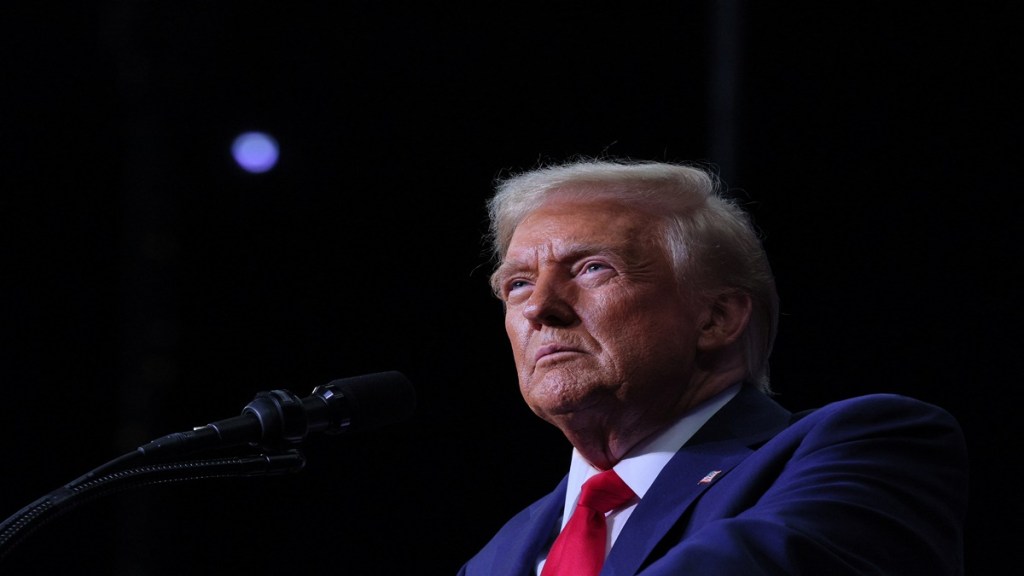President-elect Donald Trump has planned to greenlit a series of executive orders in his initial days in Oval office, one aimed at stripping job protections from career civil servants, according to Stephen Miller, the top policy adviser to the President-elect. Over the course of a telephone call with the Sunday gathering of the Republican Party lawmakers, Miller spoke about important components of the Trump agenda which entails major steps regarding energy, immigration and federal employment.
Trump is likely to sign up to 100 executive orders within his first days of presidency, and some are coming as early as the swearing-in day. The most prominent ones are the executive actions that reshape federal employment rules. This is part of the promises Trump made in his campaign. He focused on reducing the power of federal workers, whom he believes form part of a “deep state”.
A central component of Trump’s agenda is reinstatement of an executive order he released during his initial term, whereby he created a new class of federal employees who would fall within Schedule F, which are without the same protections as civil service employees. With this move, the Trump administration aims to make their hiring and dismissing easier on those grounds. Trump’s action impacts the professional civil service, for which long history has been marked by protection from arbitrary dismissal.
Trump is also expected to roll back several policies put in place by President Biden, including measures promoting “diversity, equity, and inclusion” within federal agencies, as well as protections for transgender individuals receiving certain government services.
On energy, Trump plans executive orders aimed at promoting offshore drilling, ending the electric vehicle tax credit and halting spending on Biden’s climate-related initiatives.
Regarding immigration, he plans to undertake several measures that include declaring the drug cartels as “foreign terrorist organisations”, declaring a border emergency to bypass the Congress and making additional resources to the border; declaring a public health emergency so as to actually close the border, just as it was done at the time of the COVID-19 pandemic, limiting asylum grants and boosting deportations.
Throughout the transition process, Miller had been guiding the writing of those executive orders in close collaboration with a team of lawyers to vet the documents properly. His team maintained much of what the orders detail confidential, dribbling out tidbits of information to agency leaders as the transition unfolded.
Appearing at a pre-inauguration rally on Sunday, Trump pledged his supporters he would be met with open arms for the executive orders. He said that it was his aspiration to have the first day in office and in the first week be “big” with regards to significant moves. He even said that declassifying some files about John F. Kennedy, Robert F. Kennedy, and Martin Luther King Jr assassinations was one of his proposals. Further, he previewed upcoming clemency grants for individuals convicted in connection with the January 6, 2021, Capitol attack, terming them “hostages”, a term he has used throughout his campaign.

